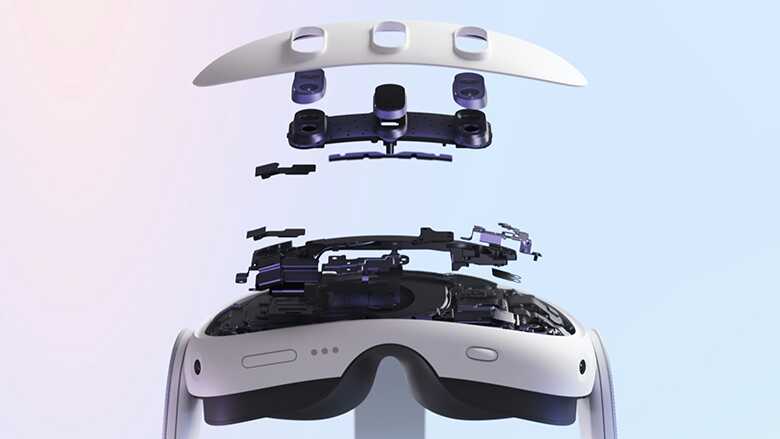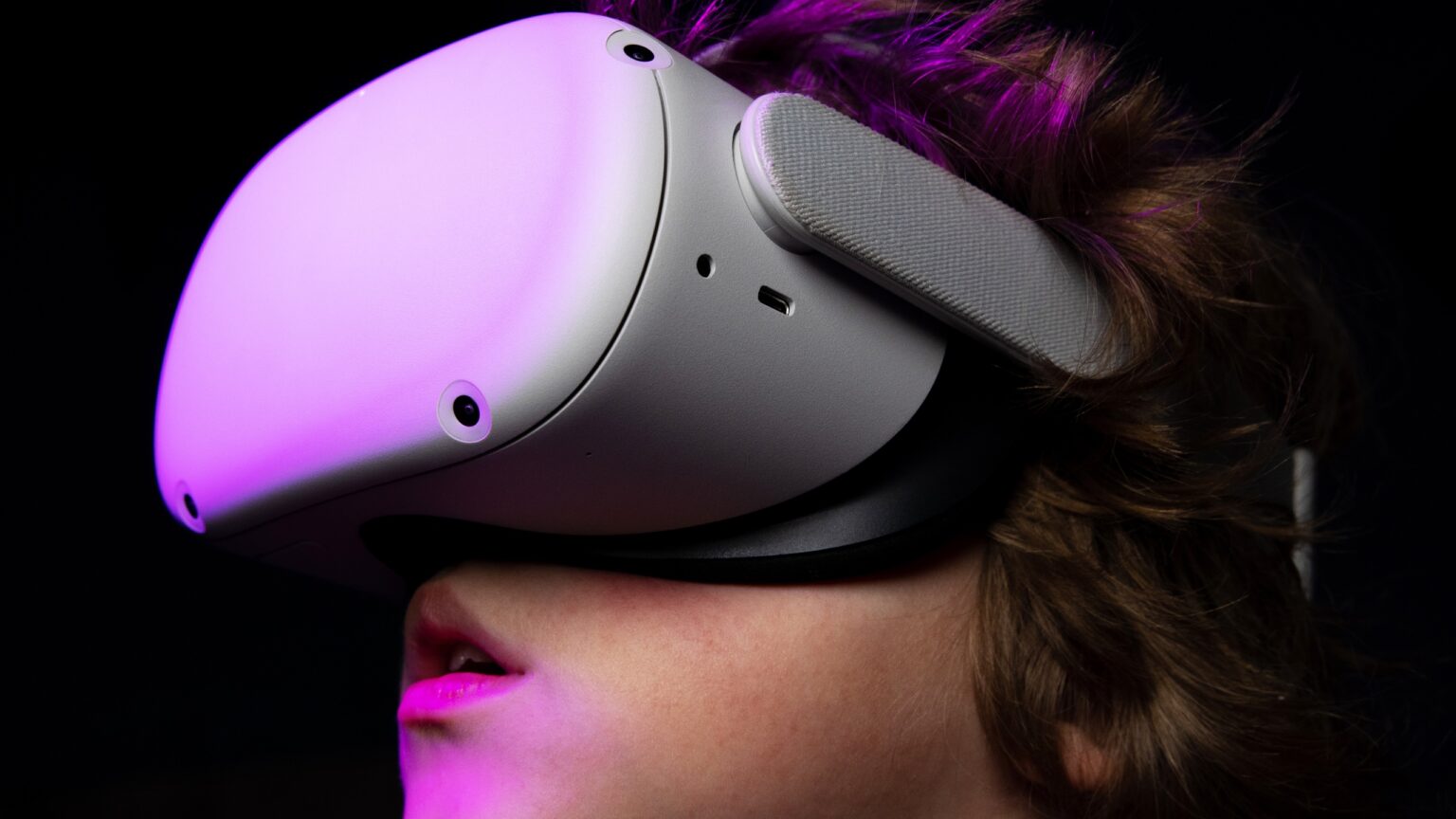Employees working on Meta’s metaverse project are reportedly not as enthusiastic about using the company’s virtual reality (VR) headsets for work meetings, or anything else, Bloomberg reports, citing 11 current and former employees.
The workers, who refused to be named, complained that the headsets are “uncomfortable and glitchy,” according to the report. They alleged the hardware was not powerful enough to deliver the immersive experience that Meta founder and CEO Mark Zuckerberg envisions.
One former employee revealed that even those in the virtual reality division at Meta – the unit tasked with spearheading the metaverse – do not use the headsets “regularly” for their day-to-day work. Others said the experience of wearing a headset itself can be “embarrassing.”
Also read: Mark Zuckerberg Unveils $500 Meta Quest 3 VR Headset
Meta staff don’t buy metaverse dream
Mark Zuckerberg has a grand plan to build the metaverse, a virtual world where people can work, play, and socialize. As part of that strategy, the billionaire renamed Facebook to Meta and set sights on VR and augmented reality as the next big thing in technology.
On June 1, Zuckerberg launched Quest 3, Meta’s new VR headset, which features a higher-resolution display, slimmer build, a faster processor, and improved tracking. Quest 3 will be a key part of Meta’s goals on the metaverse, an idea the CEO has been selling to everyone. But some of his employees are not buying it.
According to the Bloomberg report, the team headed by Meta president of global affairs Nick Clegg briefly experimented with virtual reality meetings. The team dumped the practice after staffers found that the headsets were prone to technical problems and were too heavy.
Another former employee said that even the team that demonstrates the headsets to clients such as Walmart and consulting firm Accenture [both companies bought Meta’s headsets], doesn’t use them in their own everyday work.
Other workers said the tracking system was unreliable, which caused problems with people’s avatars moving around “legless” in the virtual space, the report says. Some Meta workers felt that this particular experience with the VR hardware was “weird and unprofessional.”
The California-based company provides headsets to employees who have signed up for an internal program to test new features before a public roll out. Apart from that, workers get a discount on personal purchases of the gear, the report added.
More work to be done
A Meta spokesperson told Bloomberg that how often staff use virtual reality headsets varies depending on their role and team. Some use them weekly, while others only use them for large meetings or events, and others not at all, if they are working physically from the office.
The spokesperson did not say exactly how many members of staff used the VR gear. But the employee feedback suggests that there is still more work to be done before virtual reality meetings using Meta’s headsets can become mainstream.
Also, there may be other reasons employees are reluctant to use the headsets. For one, they are known to cause nausea and dizziness. Other people have complained about feeling “seasick” after a few minutes of use. Meta even advises users to take an extended break every 30 minutes.

Meanwhile, the company’s plans to move more of its work to the office could further hinder the adoption of VR headsets. Starting in September, Meta will require employees to attend work in-person at least three days a week, ending the work-from-home pandemic culture.
This could make it less appealing for employees to use the headsets. Meta is already facing stiff competition from other companies such as Apple, which unveiled its eagerly-awaited Vision Pro VR headset on Monday.









 and then
and then